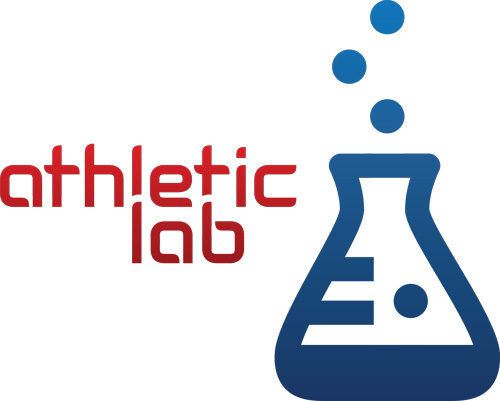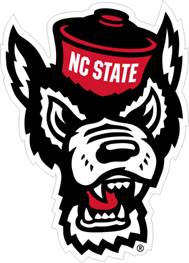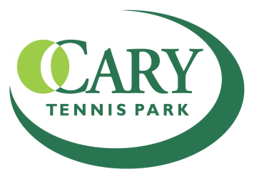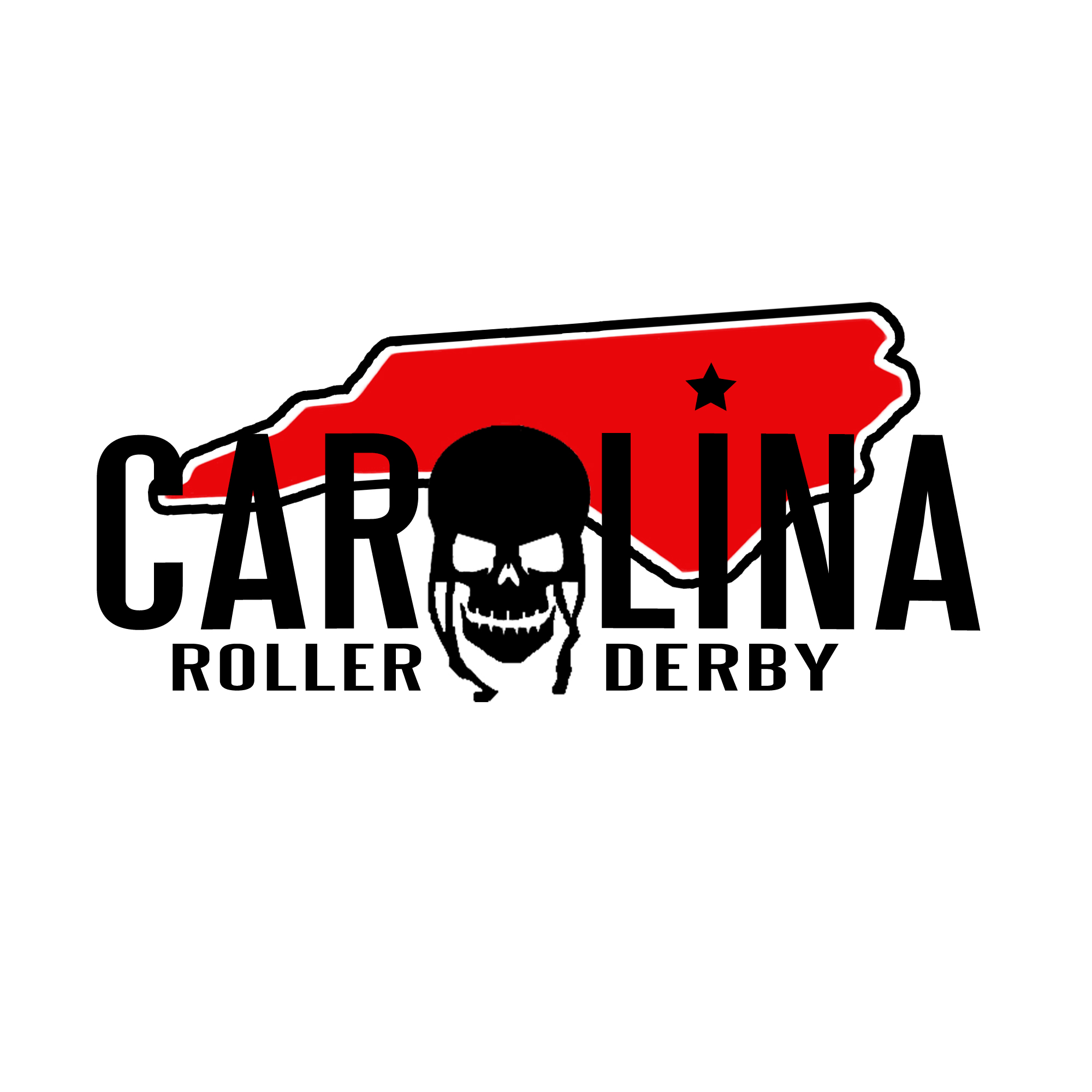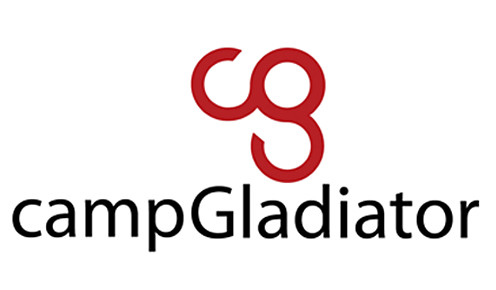Sports Massage Therapy has become an integral part of the new athletic regimen from Physical Therapy and Sports Medicine Clinics, to Collegiate and Professional Sports training rooms and Olympic training venues.
A growing numbers of physical therapists, athletic trainers, and sports medicine physicians believe that massage can provide an extra edge to the athletes who participate in high performance sports. Many high level and recreational athletes are realizing that a complete workout routine includes not only the exercise itself, but also caring for the wear-and-tear and minor injuries that naturally occur with strenuous movement. The physiological and psychological benefits of massage make it an ideal complement to a total conditioning program.
Anyone who routinely stretches their physical limits through activities such as running, cycling, hiking, swimming, dancing, tennis/golf, and strength training can benefit from a therapeutic massage. Incorporating massage therapy in your conditioning program has many benefits, including less stiffness and soreness, faster recovery from heavy workouts, and relieves adverse cellular and physiological conditions which may cause injury.
Trigger points or stress points may also cause muscle soreness and decreased flexibility. These points are specific spots in muscle and tendons which cause pain when pressed, and which may radiate pain to a larger area. They are not bruises, but are thought by some to be small areas of spasm. Trigger points may be caused by sudden trauma (like falling or being hit), or may develop over time from the stress and strain of heavy physical exertion or from repeated use of a particular muscle.
Heavily exercised muscles may also lose their capacity to relax, causing chronically tight (hypertonic) muscles, and loss of flexibility. Lack of flexibility is often linked to muscle soreness, and predisposes you to injuries, especially muscle pulls and tears. Blood flow through tight muscles is poor (ischemia), which also causes pain.
Sports Massage Techniques
At APC, Sports Massage Therapy may be used as an adjunct with traditional Physical Therapy or individually with healthy, uninjured athletes to promote greater strength gains and performance levels in their training.
Each sport and athletic event uses muscle groups in a different way. At APC, our licensed Sports Massage Therapist is familiar with each muscle, the related muscle groups and how they are affected by the specific movements and stresses of each sport. Traditional western (e.g. Swedish) massage is currently the most common approach used for conditioning programs. It is frequently supplemented by other massage therapy approaches including deep tissue, trigger point work, and acupressure. APC’s Massage Therapists have special training in sports massage and greater experience working with athletes.
How Does Massage Help?
Recovery
Therapeutic massage helps the body recover from the stresses of strenuous exercise, and facilitates the rebuilding phase of conditioning. The physiological benefits of massage include improved blood and lymph circulation, muscle relaxation, and general relaxation. These, in turn, lead to removal of waste products and better cell nutrition, normalization and greater elasticity of tissues, deactivation of trigger points, and faster healing of injuries. It all adds up to relief from soreness and stiffness, better flexibility, and less potential for future injury.
Performance
In addition to general recovery, massage may also focus on specific muscles used in a sport or fitness activity. For example, areas of greater stress for runners and dancers are in the legs, for swimmers in the upper body, for tennis players in the arms. These areas are more likely to be tight, lose flexibility, and develop trigger points. Massage Therapy allows the muscles to function more efficiently, resulting in increased power and performance.
Regeneration and Recovery
Adequate recovery is also a major factor in avoiding the over-training syndrome. Over-training is characterized by irritability, apathy, altered appetite, increased frequency of injury, increased resting heart rate, and/or insomnia and occurs when the body is not allowed to recover adequately between sessions of heavy exercise. Therapeutic massage helps you avoid over-training by facilitating recovery through general relaxation, and its other physiological effects.




